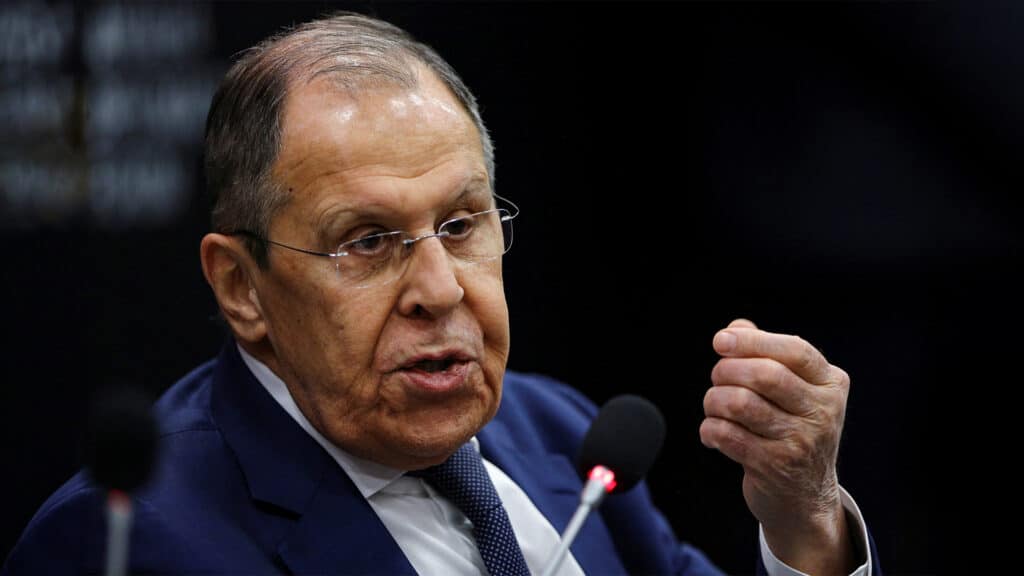Lavrov counters Kazakhstan’s stance on territorial integrity

In a recent interview with the Kommersant newspaper, Russian Foreign Minister Sergey Lavrov said he disagrees with Kazakh President Kassym-Jomart Tokayev’s position on the principle of territorial integrity. Lavrov argued the issue should be viewed in the broader context of all principles outlined in the United Nations Charter.
Journalists reminded Lavrov that in the summer of 2022, Tokayev expressed concern that placing too much emphasis on the right of nations to self-determination could spark global instability. At the time, Tokayev warned that the full application of that principle could lead to the creation of hundreds of new states and undermine the international order. He noted that while a contradiction exists between self-determination and territorial integrity, the latter should take precedence.
Lavrov acknowledged Moscow was aware of Astana’s position but said Russia views the issue differently.
«I remember President Tokayev’s remarks. I disagreed with him at the time, and we later explained our position to our Kazakhstani friends,» Lavrov said. «He considers territorial integrity the only relevant principle. But as I told him, if Kazakhstan is a member of the United Nations, then it must respect the UN Charter in its entirety.»
Lavrov also referenced the historical context of decolonization, arguing that the principle of territorial integrity should apply only to governments that represent the entire population living within that territory. He pointed to former colonial powers such as Britain, France, Spain and Portugal, asserting that these empires ruled over people whose interests were often ignored.
Tokayev has consistently stressed Kazakhstan’s commitment to upholding sovereignty and preserving state borders under international law. Therefore, Kazakhstan does not recognize disputed territories like Taiwan, Kosovo, South Ossetia or Abkhazia as independent states. In 2022, Tokayev referred to the so-called Donetsk and Luhansk people’s republics as «quasi-state entities.»
Notably, on Sept. 26, 2024, Ukrainian Foreign Minister Andrii Sybiha thanked Kazakhstan’s Foreign Minister Murat Nurtleu for supporting Ukraine’s sovereignty and territorial integrity.
Most recently, on April 10, Lavrov visited Almaty to attend a meeting of the Commonwealth of Independent States (CIS) Council of Foreign Ministers, as well as the eighth meeting of foreign ministers from Russia and Central Asian countries.

